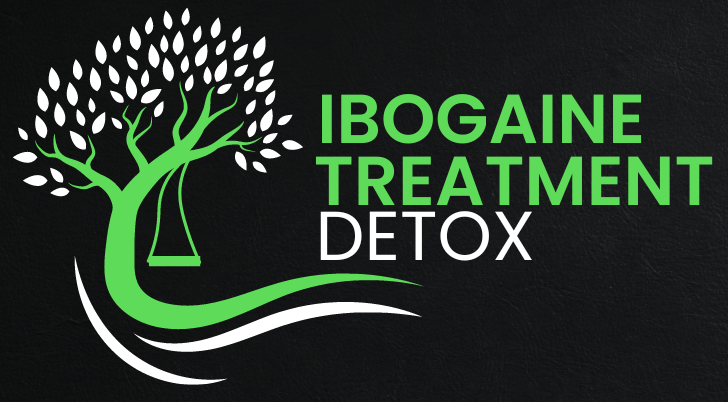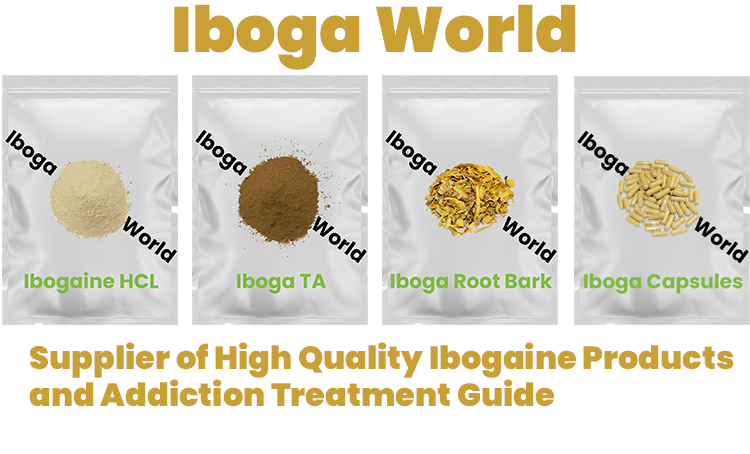Iboga Risks Precautions and Considerations
Understanding the Risks of Iboga
Iboga, a powerful plant native to Central Africa, has gained attention for its potential therapeutic properties, particularly in treating addiction and spiritual exploration. However, like any substance, it comes with risks and considerations that must be thoroughly understood before use.
Knowing the Potential Dangers
One of the primary risks associated with iboga is its potential to cause adverse effects on the cardiovascular system. Due to its stimulant properties, iboga can increase heart rate and blood pressure, posing significant risks to individuals with pre-existing heart conditions or hypertension.
Precautions for Safe Usage
Before considering iboga therapy, individuals must undergo thorough medical screening to assess their cardiovascular health. This precautionary measure can help identify any underlying conditions that may increase the risk of complications during iboga ingestion.
Understanding the Risk of Psychiatric Reactions
Another crucial consideration is the risk of psychiatric reactions to iboga, particularly in individuals with a history of mental health disorders such as psychosis or schizophrenia. Iboga’s psychoactive properties can induce intense psychological experiences, which may exacerbate existing mental health conditions.
Screening for Mental Health History
Individuals interested in iboga therapy should undergo comprehensive psychiatric evaluation to assess their mental health history and current stability. This step is essential for identifying individuals who may be at risk of experiencing adverse psychiatric reactions to iboga ingestion.
Importance of Proper Supervision
Furthermore, iboga ingestion should always be conducted under the supervision of experienced practitioners in a controlled environment. Proper supervision can help mitigate risks and ensure the safety of individuals undergoing iboga therapy.
Risk of Drug Interactions
Additionally, iboga has the potential to interact with other medications and substances, leading to adverse reactions or diminished effectiveness. Individuals must disclose all medications and substances they are currently taking to their healthcare providers before considering iboga therapy.
Consultation with Healthcare Providers
Before embarking on iboga therapy, individuals should consult with their healthcare providers to discuss potential risks and benefits, as well as alternative treatment options. This dialogue can help ensure informed decision-making and minimize the likelihood of adverse outcomes.
Conclusion
While iboga shows promise as a therapeutic tool for addiction treatment and spiritual exploration, it is essential to recognize and mitigate the associated risks. By understanding these risks, taking appropriate precautions, and seeking guidance from healthcare professionals, individuals can safely explore the potential benefits of iboga therapy while minimizing potential harm.

